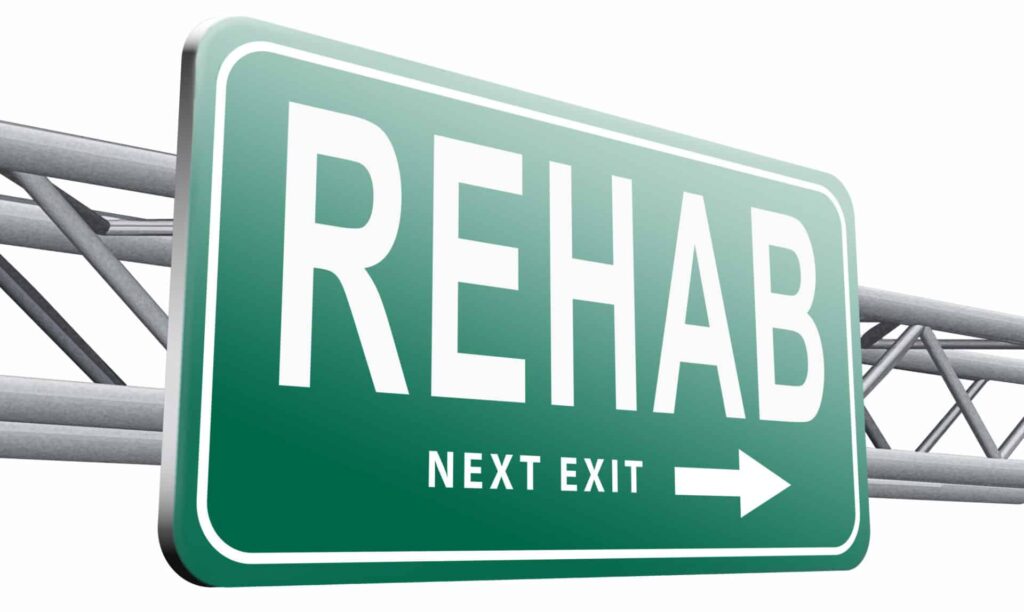Are you considering rehabilitation for a drug or alcohol addiction?
Whether you’re looking for yourself or for a loved one, this is an important first step toward recovery. You should be proud! That said, it’s often difficult to choose a program that’s right for you and your situation.
One of the top things that you have to decide between is whether you’re choosing inpatient vs outpatient rehab. While both of these programs are valid and helpful, one may work better for you.
If you’re not sure how to decide between outpatient and inpatient rehab, we’re here to offer some advice. Keep reading to learn all about the factors that you should consider before you make your decision.
Temptation
One of the first things that you need to consider when you’re deciding between these two types of rehab is the potential for outside temptation.
When you’re in an inpatient rehabilitation program, you know that there’s almost no chance of accessing harmful substances. You’re secure in your environment and the only people around you are supportive.
If you’re in an outpatient program, however, you may struggle with outside temptation. Even the most motivated patients can experience relapse. While this doesn’t mean that you’re not on the right track, it’s a setback.
Cost
You should also keep the cost of each rehabilitation program in mind. While rehabilitation programs are often covered by insurance, if you’re uninsured or your insurance isn’t willing to cover the program, the cost is a factor.
Inpatient programs tend to be more expensive due to the level of care that you’ll receive. Outpatient programs are more affordable.
Cost shouldn’t be the only factor in your decision, but it’s helpful to know what you can afford. People in inpatient programs aren’t able to work, so it might not be an accessible option.
Success Rate
Both inpatient and outpatient programs are effective for the treatment of drug and alcohol addictions. You don’t have to worry about choosing an ineffective program.
Inpatient programs do tend to have a higher success rate than outpatient programs, but this is dependent on the motivation of the patient, relevant support systems, and overall discipline levels.
Support System
It can be difficult to manage addiction on your own. This is where a great support system comes into play.
When you’re in inpatient rehab, your support system comes from other residents and staff at the rehabilitation program. This doesn’t have to be a problem.
Often, these programs will offer socialization opportunities and group therapy so you have support from peers. You’ll also have a team of supportive mental health professionals on your side.
If, however, you’re someone who benefits from the support of friends and family members, you might be better off with an outpatient program. When you’re in an outpatient program, you can keep all of your loved ones nearby.
Outside Responsibilities and Stressors
This is a large factor when you’re deciding between inpatient and outpatient programs.
If you’re someone who needs to work, attend school, or take care of your family members, you won’t be able to do that while you’re in an inpatient program. This can create a financial burden and a strain on the family.
While outpatient programs are time-consuming and intensive, you still have time away from them so you can take care of your responsibilities.
That said, outpatient programs also open you up to stress. Stress is a key factor when it comes to addiction susceptibility. This connects back to the possibility of temptation and it may cause a relapse.
Inpatient addiction treatment doesn’t have this problem. While it’s normal for people in treatment centers to experience stress, the stress will be from the recovery process rather than outside factors.
In inpatient rehab, you don’t have to worry about your responsibilities. You can relax and decompress for the duration of your treatment.
Duration
Speaking of duration, there is a difference between the duration of an inpatient program vs an outpatient program.
Inpatient rehabilitation tends to be shorter than outpatient rehabilitation. Because inpatient rehab is more intensive, and you can commit to it full-time, you can get better results in a shorter treatment period. Most inpatient treatment programs last for anywhere between one and three months.
Outpatient programs can last from several months to several years. You don’t have access to the full-time care that inpatient programs offer, so while the program is still a great option, it’s a longer commitment.
Inpatient treatment also requires post-rehabilitation care, so this might not be a relevant factor for you.
Level of Care
The intensity of someone’s addiction is a factor when it comes to making the decision between inpatient treatment and outpatient treatment. All addictions are serious and require healing. We don’t intend to downplay or dismiss anyone’s experience.
Mild addictions are often controllable with outpatient treatment. There is often little to no need for intensive detox or full-time therapeutic care. If someone is new to their addiction or it isn’t yet debilitating, outpatient is a great option.
Inpatient rehab might be necessary for people with more dire or advanced addiction symptoms. Many of these symptoms can be dangerous, if not deadly, and it’s important for the patient to have access to 24-hour care.
You can discuss your situation with a professional to determine whether or not you’re in need of inpatient treatment.
Inpatient vs Outpatient Rehab: Which Is Right for You?
There are many benefits of inpatient rehab and outpatient rehab. Both options are going to help you in your recovery journey, so don’t feel pressured to choose one over the other if you’re unsure. It’s always helpful to discuss your situation with our team or another health professional if you need help.
When you’re choosing between inpatient vs outpatient rehab, the details of your situation should make the decision for you.
Are you ready to start your healing journey? At Apex Recovery, we want to help you recover. Contact us to start seeking help today.

